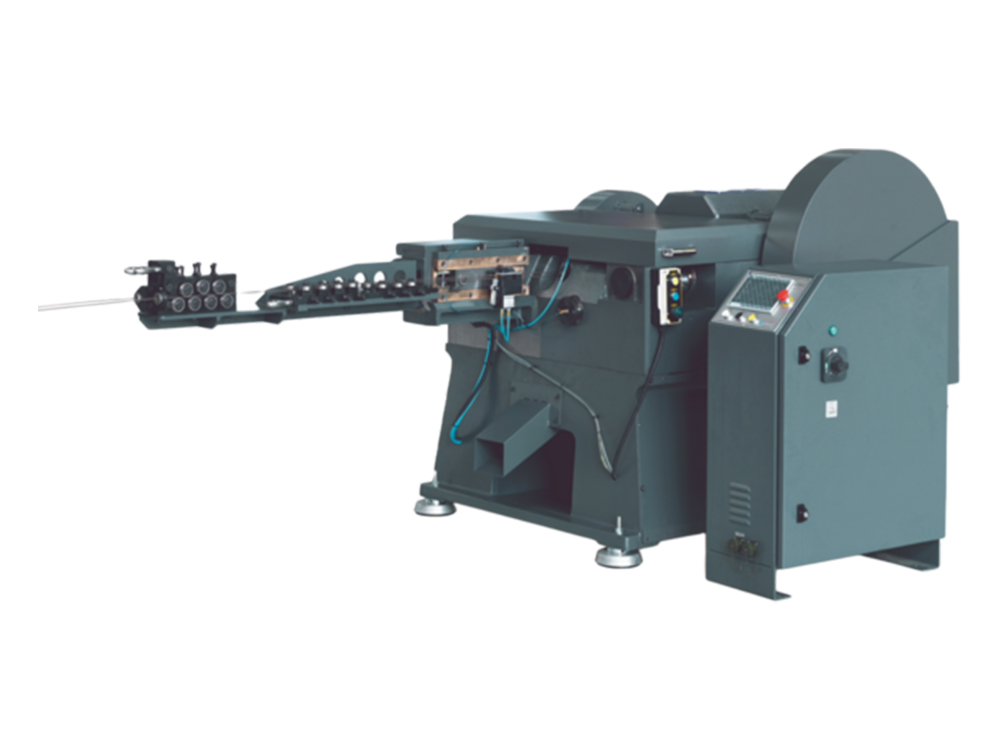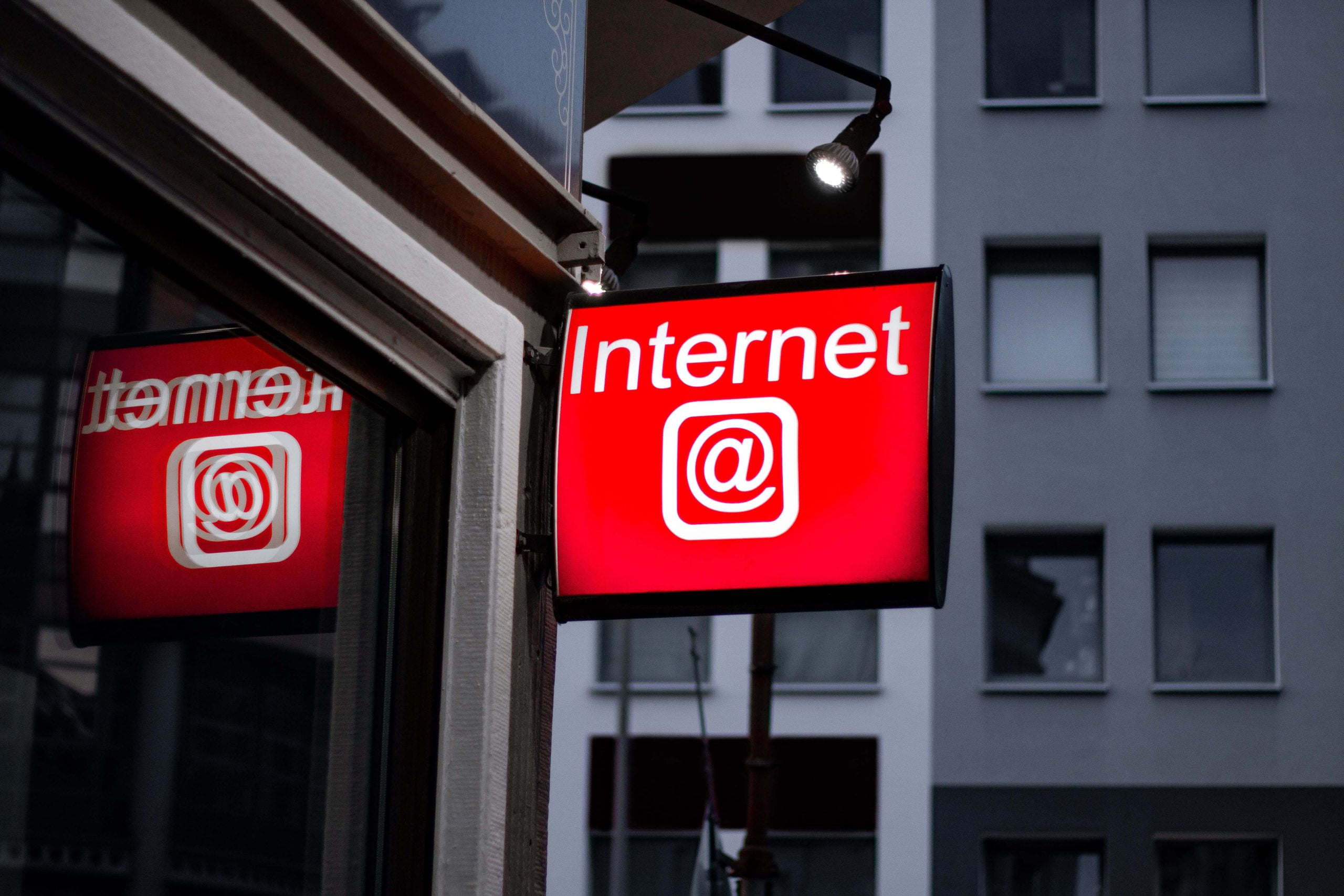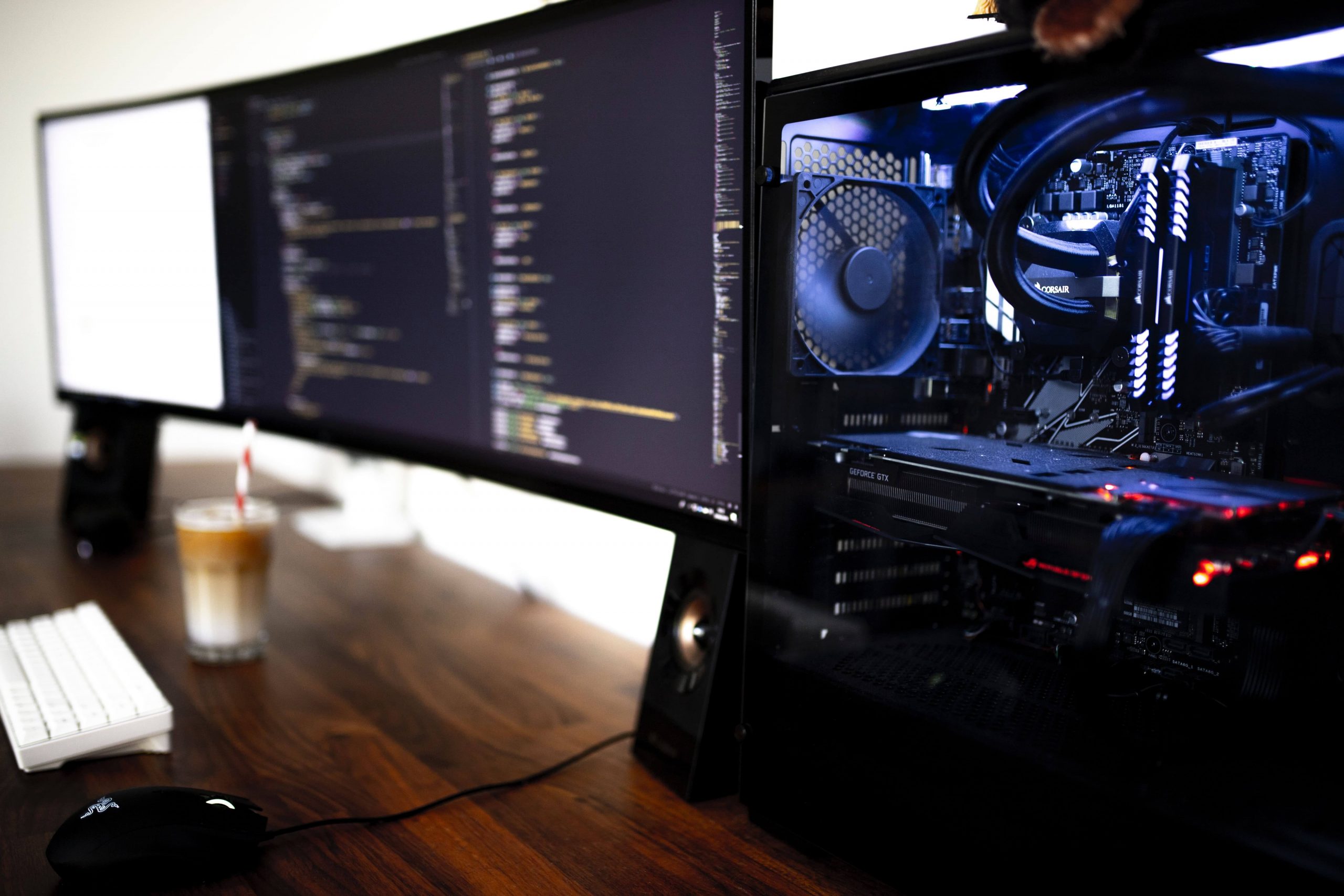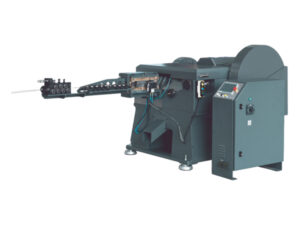Why Get a Liquor License?
Obtaining a liquor license can significantly enhance the profitability and appeal of a business. Restaurants, bars, and event venues often see a considerable boost in revenue when they offer alcoholic beverages. The ability to serve alcohol can transform an ordinary evening into a memorable one for patrons, increasing customer satisfaction and loyalty. Additionally, having a liquor license Dallas TX can make your establishment a preferred venue for events and parties, giving you a competitive edge in the market.
Beyond increasing revenue, offering alcoholic beverages allows for a higher average ticket size. Alcohol sales can account for as much as 20-25% of a restaurant’s revenue. This statistic underscores the potential for increased profitability by acquiring a liquor license. Moreover, being able to serve alcohol can elevate your establishment’s status and attract a more diverse clientele, including groups looking to celebrate special occasions.
Understanding Different Types of Liquor Licenses
Not all liquor licenses are created equal. Depending on your business model and location, you may need a specific type of liquor license. Each type serves a different purpose and is designed to cater to the needs of various establishments:
- Beer and Wine License:This license is ideal for cafes, nightclubs, and small restaurants that want to offer a limited selection of alcoholic beverages. It typically comes with fewer regulatory hurdles and lower costs, making it a good starting point for smaller businesses.
- General Liquor License:This license type is more comprehensive and allows for selling beer, wine, and spirits. It is suitable for bars, nightclubs, and larger restaurants that serve a full range of alcoholic drinks. However, it often comes with more stringent regulations and higher fees.
- Special Events License:This license is perfect for community events, festivals, and temporary setups that serve alcohol for a limited period. It’s usually easier to obtain but is restricted by time and location. It’s an excellent option for organizers of public events looking to add an extra element of enjoyment.
Each license type has its own requirements and restrictions, so it’s crucial to understand what best fits your business. Conduct thorough research to identify the type of license that aligns with your business goals and operational model.
Basic Requirements for a Liquor License
The liquor license requirements can vary significantly from state to state. However, some common prerequisites include:
- Proof of Business Registration:You must be a legally registered business entity. This could be a sole proprietorship, partnership, LLC, or corporation.
- Secure Business Location:Your premises must meet all local zoning and safety regulations. This may include fire safety protocols, health inspections, and other municipal requirements.
- Clean Criminal Record:Most states require the business owner and key staff members to pass a background check, ensuring no history of felony convictions or alcohol-related offenses.
Additionally, some states may require the completion of an alcohol awareness course. These courses educate business owners and staff on responsible alcohol service and compliance with local laws. Understanding these prerequisites helps plan and prepare adequately, ensuring a smoother application process.
The Application Process
Applying for a liquor license involves several steps, each with its nuances depending on the state you are in. Here’s a general overview:
- Research:Understand the type of license you need and gather the necessary documents. Research involves understanding the local laws, the types of permits required, and the costs involved.
- Application Submission:Complete the application form accurately and submit it with the required documents. These may include a business plan, zoning permits, and a lease agreement. Ensure that all information provided is accurate to avoid delays.
- Fees:Pay the application and licensing fees, which can vary by state and type of license. Some states also require a fingerprinting fee for background checks. Budgeting for these expenses in advance can prevent financial surprises.
- Inspection:Your business location may be inspected to ensure it complies with state regulations. This can include health inspections, fire safety checks, and compliance with occupancy limits. Being prepared for these inspections can help in passing them smoothly.
- Approval:You will receive your liquor license once everything is in order. Depending on the state’s workload and the completeness of your application, the approval process can take a few weeks to several months.
Engaging with a legal expert familiar with local laws and regulations during this process can be beneficial. This can help streamline the application process and ensure you meet all legal requirements.
Maintaining Compliance After Obtaining Your License
Getting a liquor license is just the first step. Maintaining it requires continuous compliance with state and local laws. Regular audits, employee training, and community relations are crucial to compliance. Compliance not only ensures the longevity of your license but also promotes a responsible and safe drinking environment.
Regular audits and internal checks help identify potential non-compliance issues before they become problematic. Employee training should include responsible service practices, recognizing fake IDs, and adhering to serving hours. Community relations involve maintaining good relationships with neighboring businesses and residents, ensuring your establishment is a positive addition to the community.
Non-compliance can result in hefty fines or even the revocation of your license, which can substantially impact your business. Therefore, it’s essential to stay informed about any regulation changes and update your compliance practices accordingly. Building a culture of responsibility and adherence to laws can contribute to the smooth operation of your business.
Final Thoughts
Obtaining a liquor license is a multifaceted process that requires diligence, preparation, and ongoing compliance. By understanding the different types of permits, meeting the basic requirements, and navigating common challenges, you can smoothly secure your license and set your business up for long-term success. A well-managed, compliant establishment boosts revenue and enhances reputation, making it a win-win for business owners and patrons.

















